Overview
Climate change has led to unprecedented challenges in biodiversity, making it crucial to leverage innovative data science methods for deeper insights into the changing biodiversity. The mini-symposium will provide a unique platform for researchers from diverse backgrounds to come together and delve into the significant role that data science plays in understanding and conserving biodiversity during climate change.
Together we will (1) learn cutting-edge applications of data science methods in biodiversity data collection, processing, and analysis, (2) engage in thought-provoking interdisciplinary discussions, and (3) contribute to shaping the emerging field of biodiversity data science.
Schedule
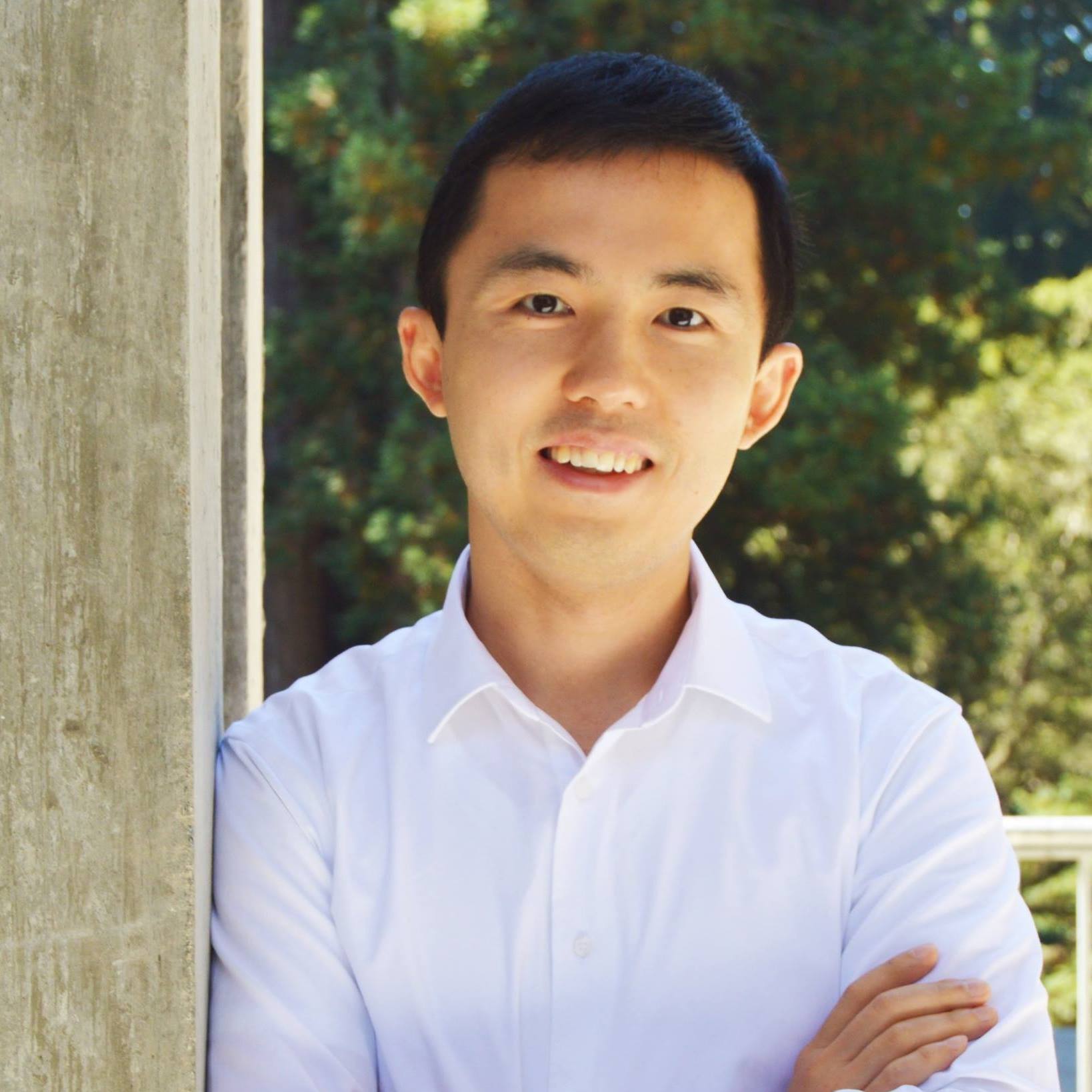
Dr. Kai Zhu, Associate Professor of Environment and Sustainability, School for Environment and Sustainability, University of Michigan
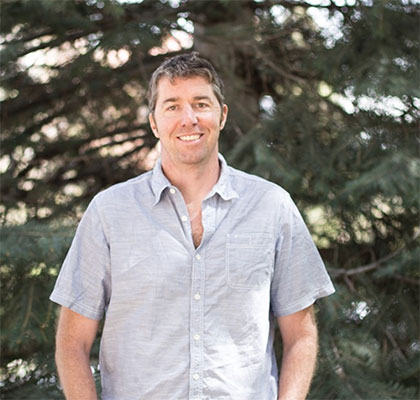
Dr. Noah Fierer, Professor, Department of Ecology and Evolutionary Biology, Cooperative Institute for Research in Environmental Sciences, University of Colorado Boulder
The environmental preferences of microbes largely determine which microbes will thrive where and when. Predicting how microbes, and microbial-driven processes, will respond to climate change or other shifts in environmental conditions requires knowing taxon-specific environmental preferences. However, the environmental preferences of most bacteria found in soil and aquatic habitats remain undetermined. Our inability to accurately infer the environmental preferences of many bacteria poses important constraints on both our fundamental and applied understanding of microbial ecology. These constraints persist due to limitations of the cultivation-based approaches traditionally used to quantify microbial growth responses across gradients in temperature, moisture, pH, and other environmental factors. However, genomic data are now available for a broad diversity of bacteria, including uncultivated taxa that dominate many habitats, but our ability to infer environmental preferences (or other phenotypic attributes) of bacteria from genomic information alone remains surprisingly limited. I will highlight strategies we can use to overcome this limitation – integrating data from both cultivation-independent and cultivation-dependent studies with genomic data to broaden our quantitative understanding of the environmental preferences and ecologies of the majority of microbial taxa which remain uncultivated and uncharacterized. Just as importantly, I will emphasize the potential limitations and pitfalls in these approaches as well as the specific ‘data gaps’ that currently limit our ability to predict microbial responses to environmental change.
Noah Fierer is a professor in the Department of Ecology and Evolutionary Biology and a fellow in the Cooperative Institute for Research in Environmental Sciences at the University of Colorado Boulder. He works with his team to conduct research on the microorganisms living in a range of environments, including those microbial communities living in soil, on plants, and in the atmosphere. His work largely focuses on exploring the diversity of microbial communities, identifying the fundamental controls on microbial distributions, and examining the mechanisms by which microorganisms influence human health and the health of ecosystems.
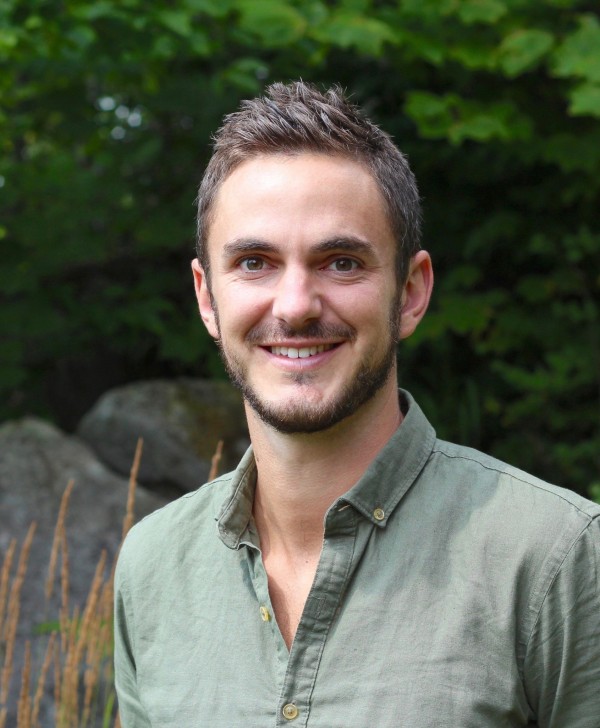
Dr. Thomas Crowther, Professor of Ecology at ETH Zurich; Head of Crowther Lab
Crowther’s talk focuses on the key mechanisms driving biodiversity and ecosystem functionality, spanning from individual organisms to broader landscape dynamics. The research investigates the impact of environmental factors and human activities on ecosystems, emphasizing plant responses to global warming. Utilizing diverse methodologies, including experimental and advanced modeling techniques, this research deepens our understanding of ecosystems’ resilience to climate change.
Thomas Ward Crowther is a professor of ecology at ETH Zürich and former co-chair of the advisory board for the United Nations Decade on Ecosystem Restoration. At ETH Zürich, he started Crowther Lab, an interdisciplinary group of scientists exploring the role of biodiversity in regulating the Earth’s climate. Crowther is the founder of Restor, an online platform that provides connectivity, and transparency to thousands of conservation and restoration projects around the world. He also founded SEED, a biodiversity monitoring tool to help measure the health of nature across the globe. He was selected in the final cohort for Prince William’s Earthshot Prize and was selected by the World Economic Forum as a Young Global Leader for his work to promote nature.
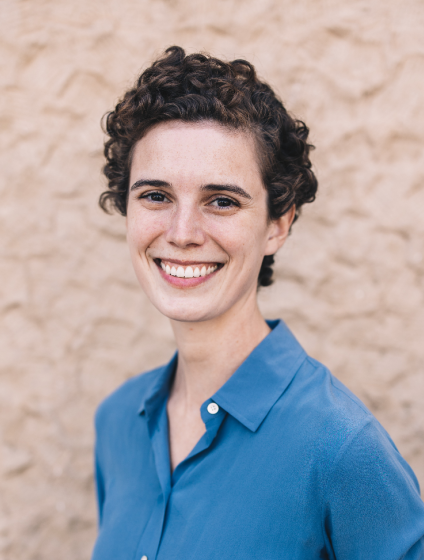
Dr. Ruth Oliver, Assistant Professor, Bren School of Environmental Science & Management, University of California, Santa Barbara
Human activity is causing a precipitous loss of biodiversity and threatening ecological stability on a planetary scale. The recent explosion in animal tracking data offers a potentially transformative tool for supporting sustainable human-wildlife coexistence. Yet, significant challenges remain to creating a mechanistic understanding of the many, interacting ways that humans affect animals. This talk will showcase key insights from work linking the movements of humans and wildlife across the United States which show that information on human mobility is necessary to fully capture human impacts on wildlife. I will also discuss how animal movement data can offer new insights into the drivers of biodiversity loss.
Ruth Oliver is an Assistant Professor at the Bren School of Environmental Science & Management at the University of California, Santa Barbara. Her research focuses on developing methodologies and leveraging emerging technologies to harness the power of big data to gain new ecological insights and create global biodiversity metrics that can inform policy choices. Ruth’s current work employs automated biodiversity sensors, such as camera traps, audio recorders, and tracking devices, to understand how wildlife respond to anthropogenic change. Ruth joined the Bren School from Yale University, where she was an Associate Research Scientist at the Center for Biodiversity and Global Change. She holds a bachelor’s degree in Physics from Claremont McKenna College and a PhD in Earth and Environmental Science from Columbia University.
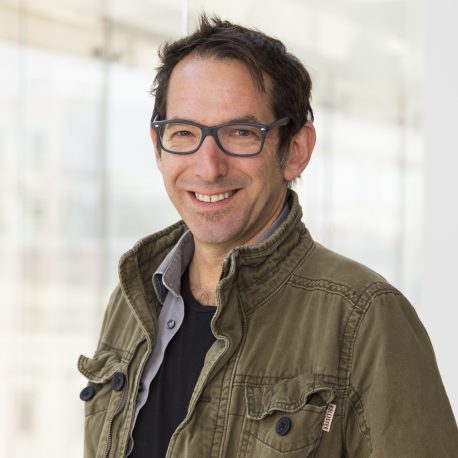
Dr. Robert Guralnik
Curator, Biodiversity Informatics, Florida Museum of Natural History, University of Florida
Robert Guralnick is a curator of biodiversity informatics in the Department of Natural History in the Florida Museum of Natural History. He approaches the question of global change using tools that span molecular based approaches to document lineage diversifications over time and space. These methods seek to field ecological approaches that document recent distribution and demography changes. Although trained as an invertebrate biologist, his taxonomic interests are broad, and his work is often collaborative. Guralnick tends to be happiest when connecting dots between developing infrastructure to support new science and showing the power of those approaches for looking at broad scale ecogeographic patterns and their drivers. Outside of work, he tends pets, tries to stay active even during the Florida summers and appreciates a good IPA.

Dr. Ben Weinstein, Postdoctoral Fellow and Research Scientist, University of Florida
Airborne surveys are a key tool for measuring organism population demography, distribution and behavior. When combined with machine learning systems, image-based surveys can rapidly predict individual locations and taxonomy at broad spatial scales. While there have been significant efforts to develop deep learning models for airborne object detection and classification, we lack general models that can be used at global scales with changes in image resolution, background, and taxa. To move forward we need better data, systems, and models. The philosophy of our work is that the data are the key resource that will lead to better outcomes, and active collaboration between model development and human review is critical for all parts of the workflow. I will discuss the key lessons learned from the first decade of collaboration between computer vision and ecology, our contributions to airborne tree detection using semi-supervised multi-sensor workflows, and the paths towards a future where we have plentiful models that can be shared among airborne computer vision tasks, require small amounts of fine-tuning and are openly accessible to a wide audience.
Ben works on converting remote sensing data into ecological information and integrating this information into large scale models. Quantitative ecologist studying species co-occurrence and machine learning for ecological image analysis. He also studies mechanisms that generate, maintain, and preserve biodiversity.

Dr. Amy Zanne, Aresty Chair in Tropical Ecology, Associate Chair of Biology, University of Miami
For centuries, biologists have collected information about organisms from around the globe. Collaborative research networks and open data access have led to the development of large databases about the construction, occurrence locations, climate, molecular sequences and potential responses to climate change of organisms. As a result, biologists have had to face new computational hurdles, as we use these data to answer some of the world’s most persistent and important questions, especially about how organisms will fare in the face of changing climates. I will describe several projects I worked on in which we assembled global data on the functional ecology of different organisms, including plants, fungi and termites and examine the responses to varying climate through historical, present and future climates. I will also describe current data gaps and hurdles still to be overcome.
Amy Zanne is a Professor in Biology and Aresty Chair in Tropical Ecology at University of Miami. Previously she was a Professor at George Washington University and Assistant Professor at University of Missouri, St. Louis. She was an NSF IRFP and NESCent postdoctoral scholar at Duke University, UC Berkeley, and Macquarie University as well as a postdoctoral researcher at Tufts University. She received her PhD and MSc at University of Florida. In her work, she studies how biotic interactions affect biogeochemical cycling under changing climates.

Dr. Peter Reich, Professor; Director of the Institute for Global Change Biology (IGCB), Climate + Energy, Conservation + Restoration

